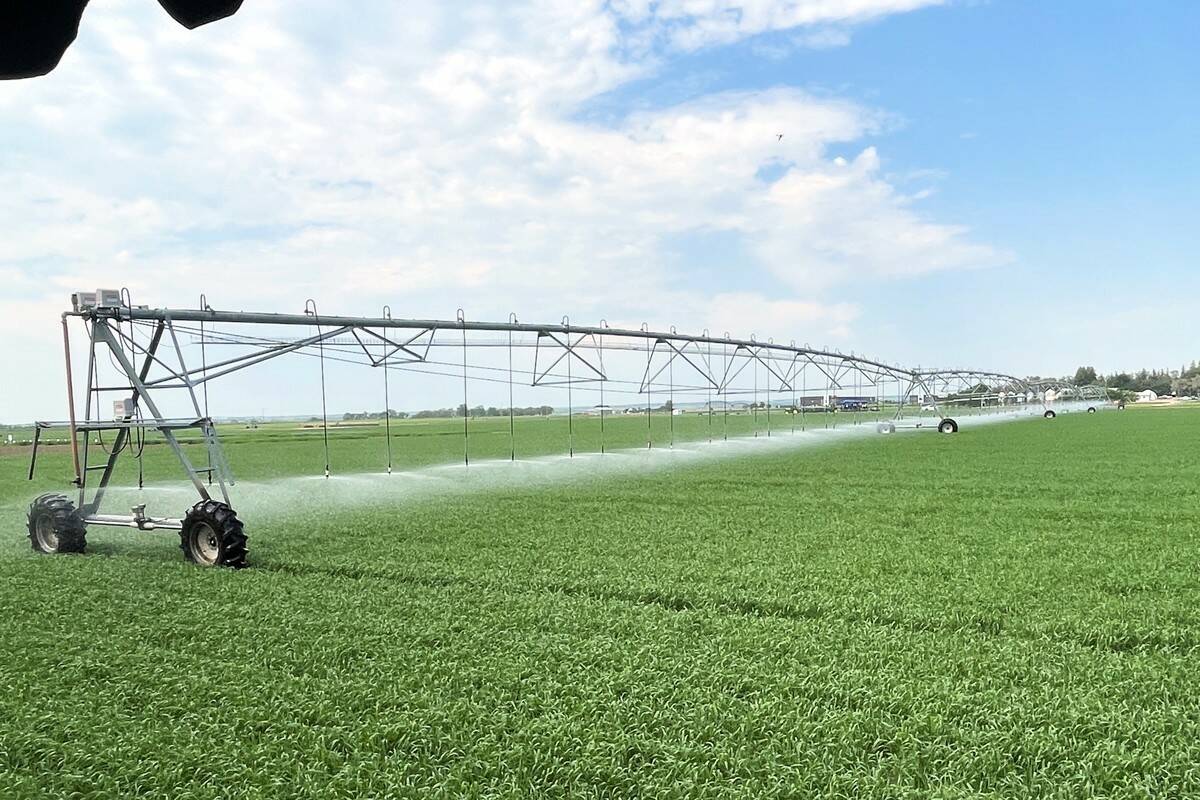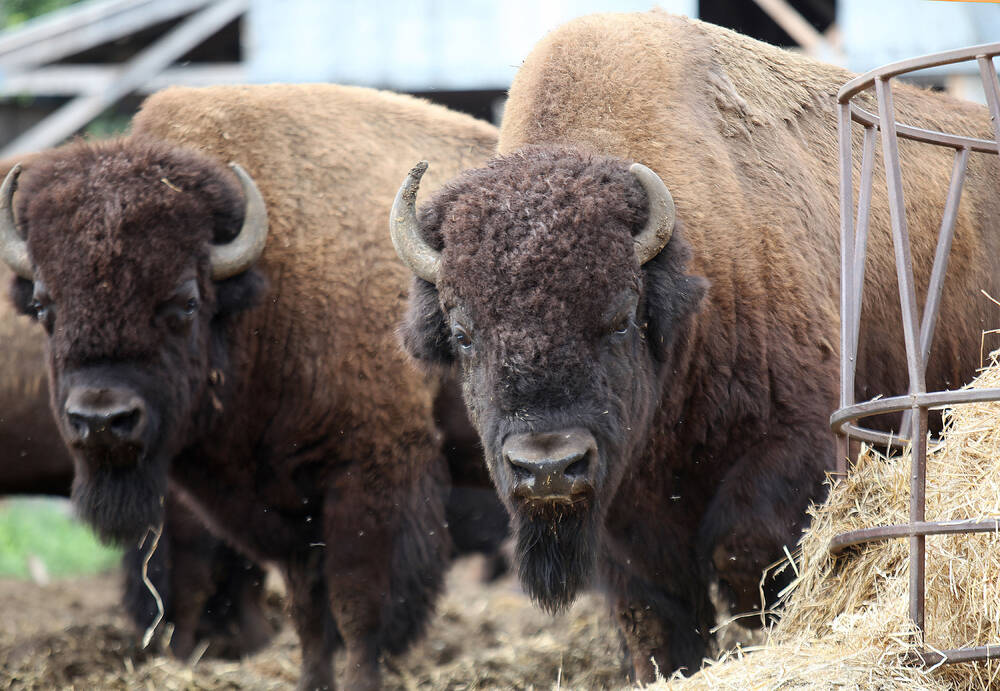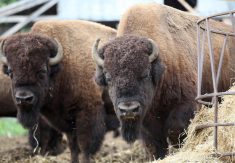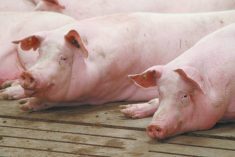One American farm group is speaking out against tariffs.
The National Bison Association, based in Colorado, says the United States’ bison industry relies heavily on imported animals from Canada.
Tariffs would severely disrupt that trade and the threat of 25 per cent duties on Canadian imports did affect the movement of live bison during the first few days of February.
Read Also

Southern Alberta lease policy changes offer tax relief hope
Grazing/cultivated lease controversy continues in southern Alberta municipality with residential landowners weighing in over taxes.
“After news broke of the tariff (on Feb. 1), one of our top… importers announced that they are halting (Canadian) imports to the U.S. effective immediately due to the tariff, at a time when the supply of market-ready bison is extremely tight,” NBA executive director Jim Matheson said in a news release.
Presumably, that company has since resumed bison imports from Canada, Matheson added.
However, the tariff issue remains a major concern for producers of bison meat in America.
U.S. president Donald Trump announced a 25 per cent duty on all imported goods from Canada Feb. 1, with the exception of petroleum.
On Feb. 4, prime minister Justin Trudeau said he had negotiated a 30 day pause on the tariffs.
That’s helpful, but a 25 per cent duty on bison shipped from Canada to the U.S. is still a possibility. It’s a major problem for bison processors because nearly 50 per cent of all bison that are finished or slaughtered in America come from Canada. And approximately 50 per cent of the Canadian bison population comes from Alberta.
In 2024, U.S. companies processed about 75,000 bison. Without a steady flow of animals from Canada, the bison industry would likely lose sales and momentum.
“Tariffs would significantly hurt the Canadian bison industry, but also significantly damage the entire North American market,” said Scott Yule, executive director of the Canadian Bison Association.
“The U.S. simply can’t supply their domestic markets without Canadian bison.”
The number of bison transported from Canada to the U.S., has been increasing over the last five years.
In 2019, U.S. importers purchased about 20,000 live bison from Canadian ranches. By 2023, that figure was above 36,000, using data from the Canadian Bison Association.
COVID-19 was beneficial for sales of bison meat sales in America as more consumers tried it for the first time.
Tariffs and a trade war could disrupt that growth.
Duties on Canadian bison would push prices higher, but consumers may not be willing to pay the extra cost.
We already get a premium (over beef), and we’ve already raised prices because of the supply constraints that we’re facing,” Matheson said.
“We’re about at the ceiling of how high we can raise our prices.”
Typically, prices for bison meat are nearly double the value of a beef carcass.
“I just read the numbers.… We are looking at about $4.50 per lb. on the rail down here in the States… compared with beef, that’s coming in around $2.76 a lb.” he said.
The National Bison Association has asked its members to contact their local member of Congress about the dangers of tariffs and a trade war with Canada.
That could have an impact, but the bison industry is very small compared to pork and beef.
“Being so small, we lack the resources of the big guys, who can fly people into Washington tomorrow,” Matheson said.
“We do have a congressional letter writing campaign going on right now.”
















